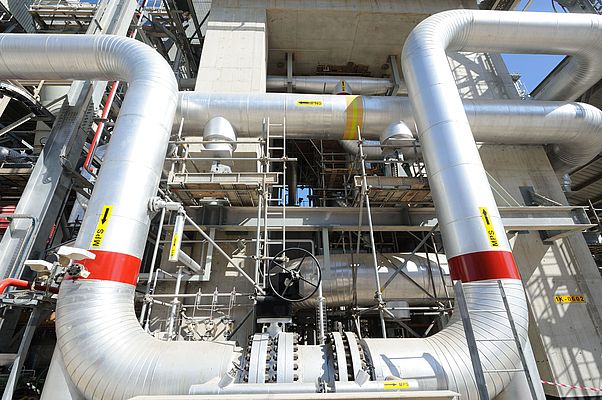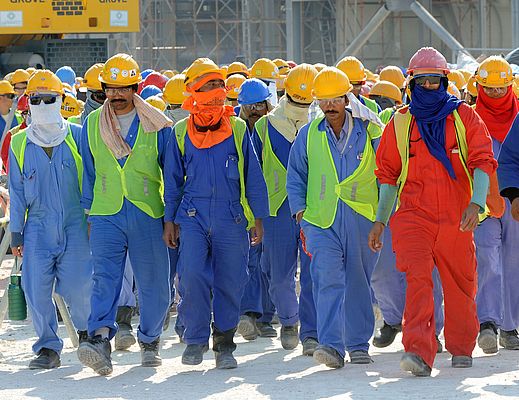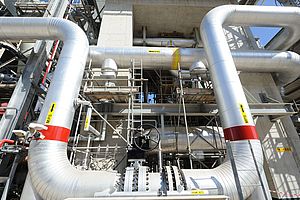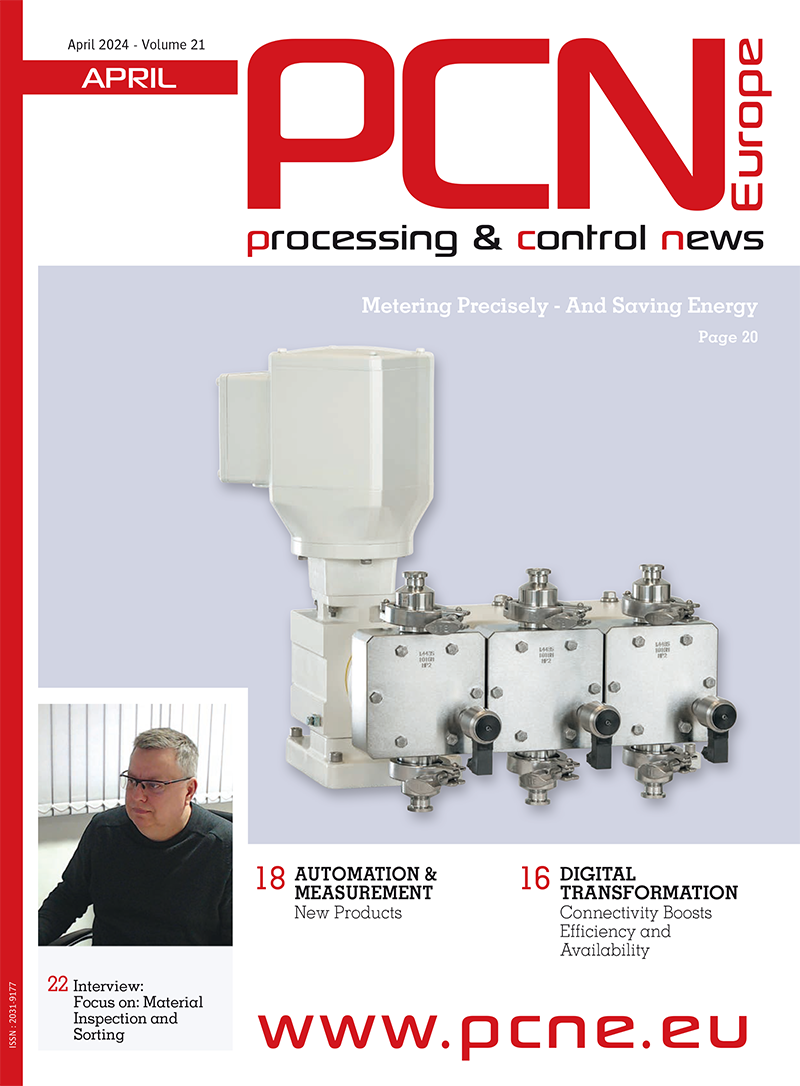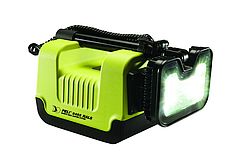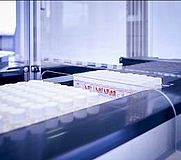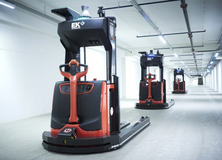Shell’s Pearl GTL Gas to Liquid project in Qatar is the largest GTL facility of its kind in the world, and will turn natural gas into clean burning fuels. They were able to rent compressors, dryers and accessories locally, vital to the completion of the project
Operating two unmanned platforms 60km offshore, Shell’s Pearl GTL project is targeted to produce 45 million cubic metres of gas per day. Post processing, this will generate 120,000 bpd (barrels per calendar day) of condensate and NGL (natural gas liquids) and 140,000 bpd of GTL products.
Headquartered in Abu Dhabi, Atlas Copco Services Middle East not only runs its own fleet of mainly oil-free air compressors and high pressure boosters, it also has access to the Atlas Copco Rental equipment worldwide. This ensures specialist equipment, purpose developed for applications within the oil and gas sector, is readily available throughout the Middle East.
Among recent projects, they have been involved is the massive Pearl GTL Gas to Liquid project operated by Shell in the State of Qatar. The Pearl project is the largest GTL facility of its kind in the world, and will turn natural gas into clean burning fuels.
Atlas Copco Services Middle East has been actively involved in supplying rental equipment to this huge project, its ability to draw upon resources enabling it to supply complete packages, including compressors, dryers and accessories, vital to the completion of the project. All equipment supplied was certified to work in this facility. The ability to meet both this demand and to have the range of highly reliable equipment available for rental is a key strength of Atlas Copco Rental.
“Atlas Copco Services Middle East has been mainly involved in the provision of equipment used in the massive pre-commissioning program of the Pearl facility,” says Akram Tamari, Atlas Copco Regional Rental Manager. “As an example, our oil-free compressors and desiccant air dryers were employed in activities that included air blowing for cleaning, generating instrument air and the pneumatic testing of the Fuel Gas Processing and Air Separation units. In total, our compressors generated more than 300 million m³ of dry, 100% oil-free air for the project, making it one of the biggest compressor rental projects ever. Throughout the project, our engineers worked to exacting safety standards and ensured that our rental customer could meet their productivity and deadline demands”.
-------------------------------------------------------------------------------------
Pearl GTL: the world's largest gas-to-liquids plant
The world's largest plant to turn natural gas into cleaner-burning fuels and lubricants took a major step closer to production today when gas began flowing from a giant offshore field.
Shell’s Pearl GTL will process around 3 billion barrels of oil equivalent over its lifetime from the world's largest single gas field, the North Field in the Arabian Gulf. The field stretches from Qatar’s coast and contains more than 25 trillion cubic meters of gas, equivalent to 150 billion barrels of oil, or over 10% of worldwide gas resources.
The gas-to-liquids (GTL) plant - a joint development by Qatar Petroleum and Shell - will add almost 8% to Shell’s production worldwide - making it the company’s main engine for growth for 2012. It has a capacity of 260,000 barrels oil equivalent a day and is expected to ship its first product in 2011 and reach full production in 2012.
"We’re on the verge of starting up a project that will be a foundation for Shell’s future growth for decades to come," says Shell’s Country Chairman in Qatar, Andy Brown. "For Qatar it means another way to generate revenues from gas reserves, in addition to selling pipeline gas or liquefied natural gas. It diversifies the country’s revenue streams and provides long-term income."
Sixty kilometres offshore, natural gas from the North Field - discovered by Shell in 1971 - is now flowing from to two platforms standing in water up to 40 metres deep to feed Pearl GTL. Eleven wells were drilled for each platform in record drilling times for the field.
Two underwater 76-centimetre diameter pipelines are carrying the natural gas to a gas separation plant onshore that extracts natural gas liquids: ethane for industrial processes, liquefied petroleum gas (LPG) for domestic heating and cooking and condensates as a feedstock for refineries. The separation process also removes contaminants like metals and sulphur. The sulphur is turned into pellets and shipped to the nearest market to make hydrosulphuric acid, fertiliser or other valuable products.


